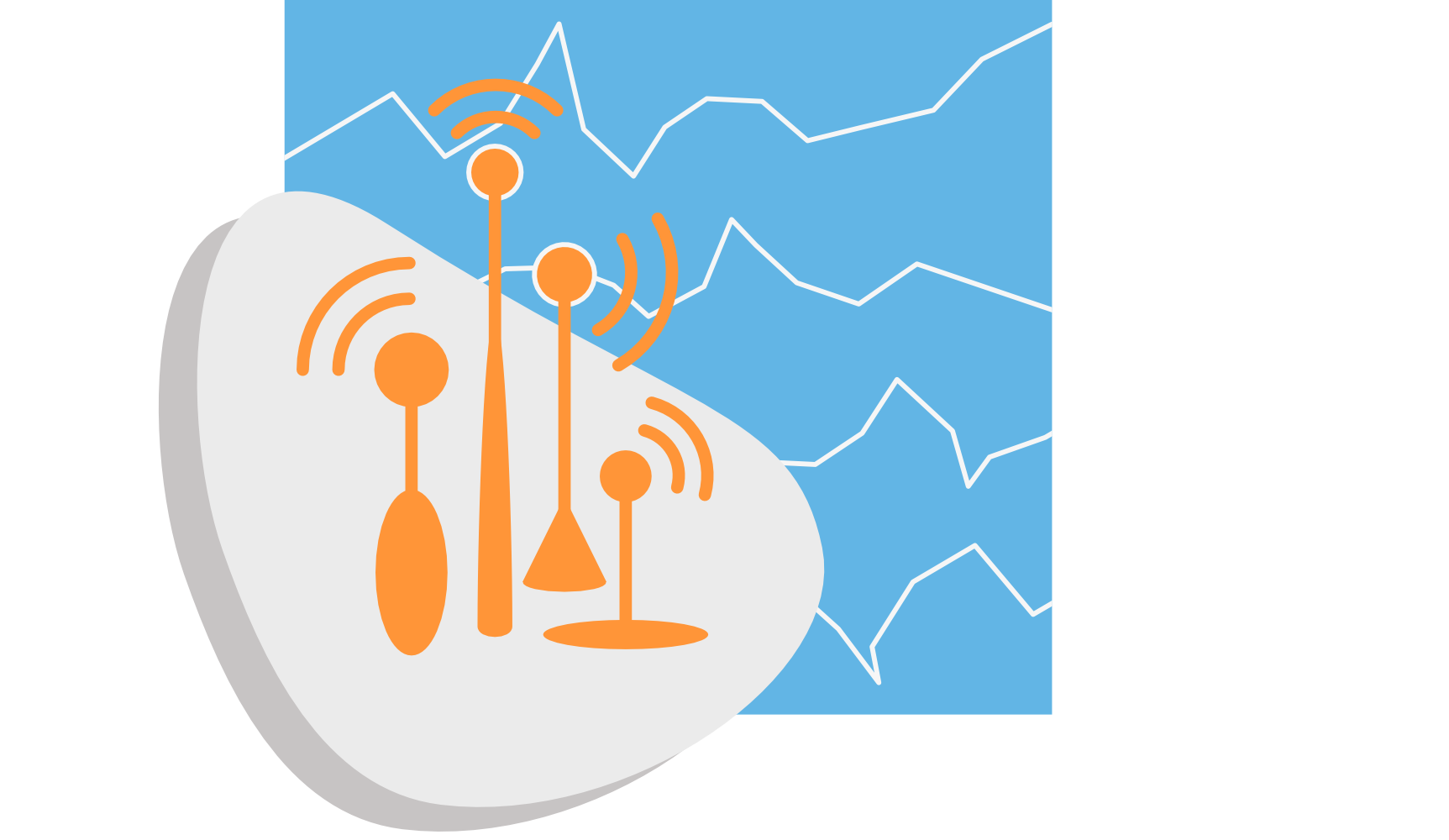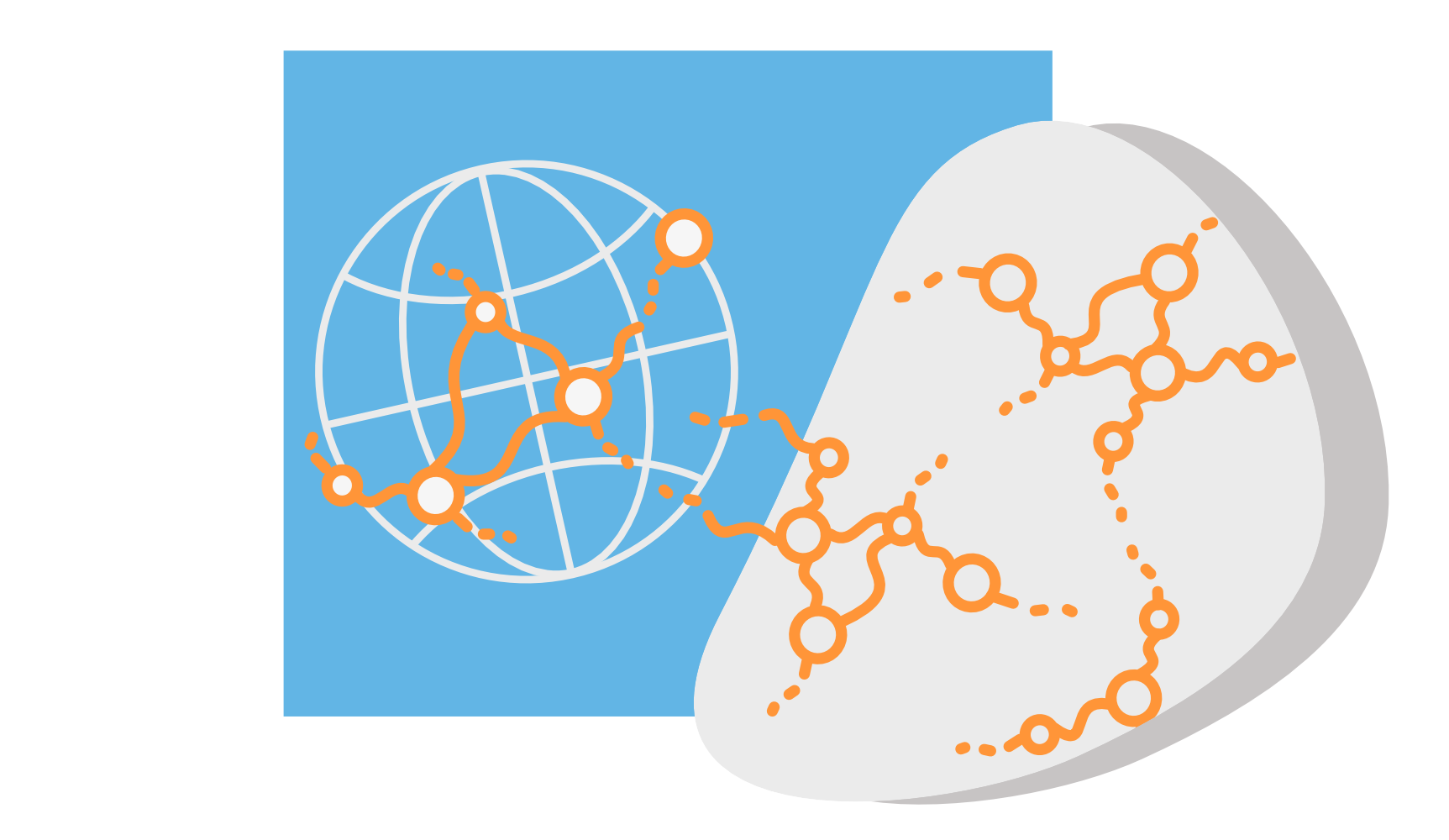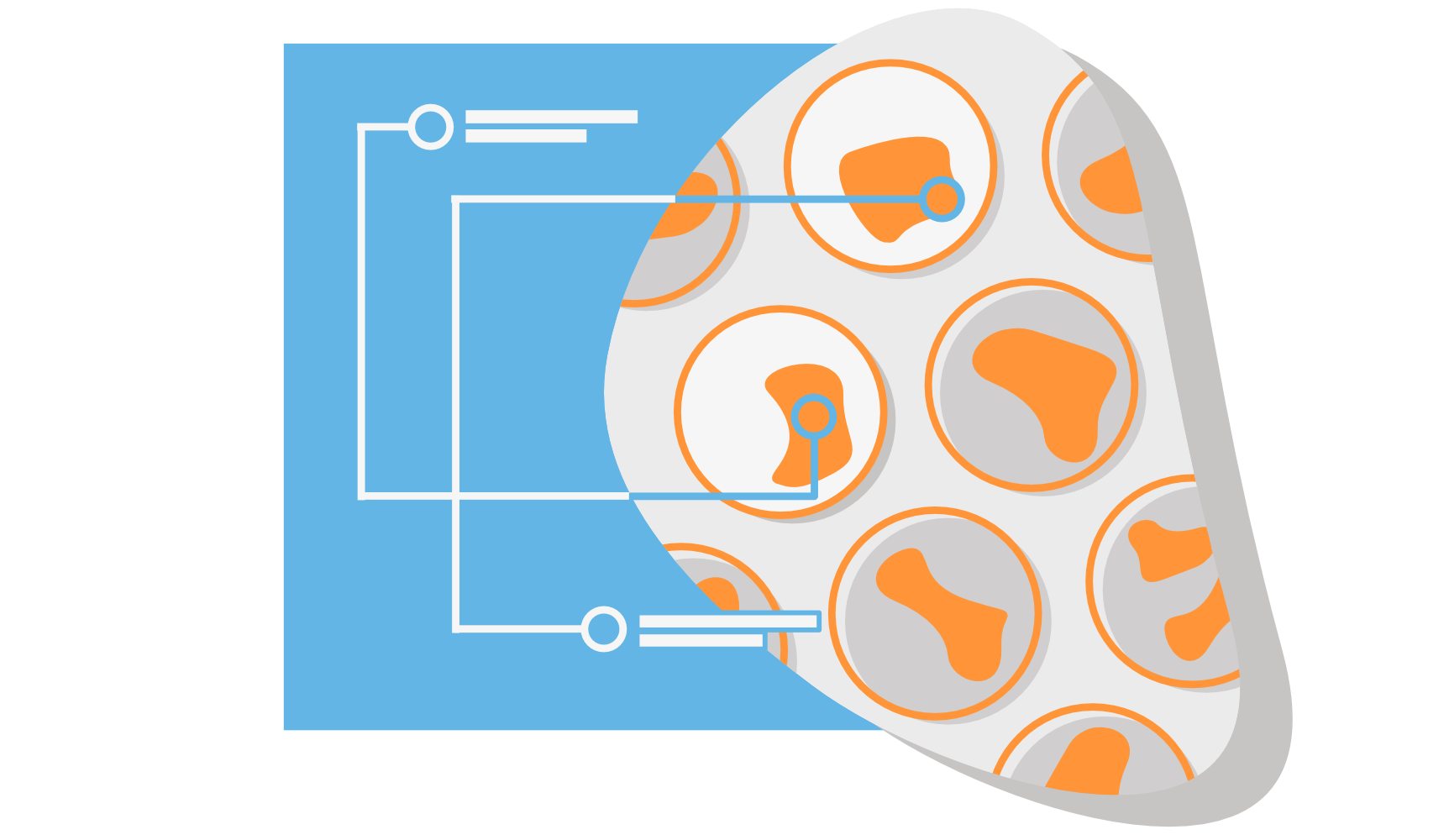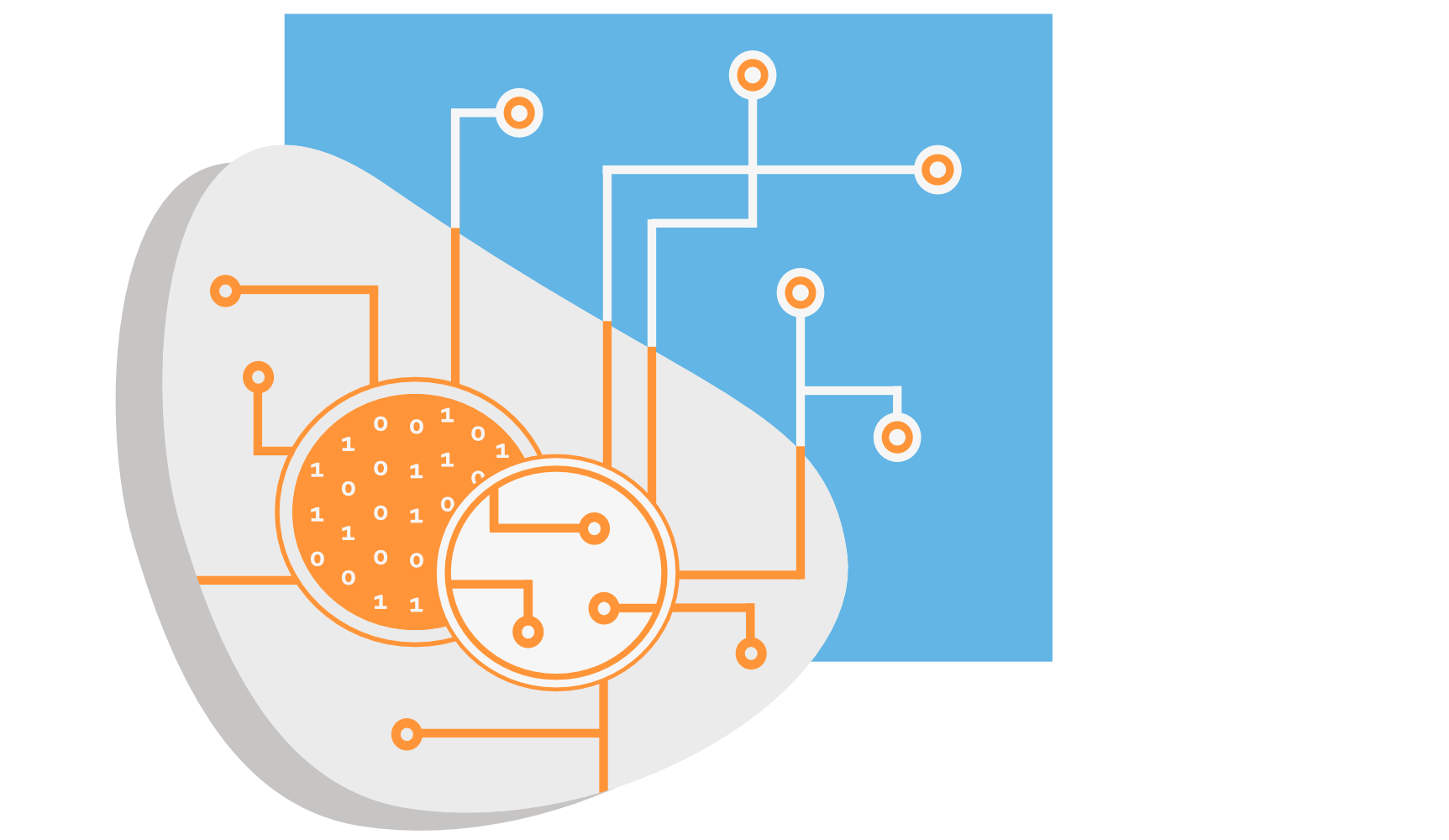Service overview
Through Bioindustry 4.0 we intend to devise 5 new services that will be offered by European research infrastructures. These services will support the needs of academia and industry alike, providing them with access to some of the most advanced technologies available. These services include:

Advanced process analytical technology (PAT) devices – these are cutting-edge sensor devices that will offer novel in-line bioprocess monitoring capabilities. These devices will provide users with the ability to perform real-time bioprocess monitoring and open the way to automated real-time bioprocess control.

A data fabric – a platform that helps users to structure and manage their datasets in ways compliant with international standards and suitable for use in algorithm training. The data fabric will ensure that high-quality datasets are available for AI learning, for example, using federated approaches. This is crucial for users that wish to source data from different locations and for user consortia that wish to engage in trusted data networks to co-develop AI powered methodologies, such as digital twins.
A data fabric – a platform that helps users to structure and manage their datasets in ways compliant with international standards and suitable for use in algorithm training. The data fabric will ensure that high-quality datasets are available for AI learning, for example, using federated approaches. This is crucial for users that wish to source data from different locations and for user consortia that wish to engage in trusted data networks to co-develop AI powered methodologies, such as digital twins.


A strain discovery tool and decision support system – these tools will enhance the experience of microbial culture collection users. The first one should increase users’ ability to query microbial accession databases, providing users with unprecedented querying power. Likewise, a novel computational tool will provide the means to enhance strain engineering processes using the rich knowledge contained in microbial collection databases.
More info here

Digital shadows for bioprocess design – using physical and biological models, and a wealth of legacy and bespoke datasets, bioreactor digital shadows will be designed and trained. As advanced digital tools, Bioindustry 4.0 digital shadows will provide R&D specialists with new capabilities to explore bioreactor behaviour and generate new knowledge.
More info here
Digital shadows for bioprocess design – using physical and biological models, and a wealth of legacy and bespoke datasets, bioreactor digital shadows will be designed and trained. As advanced digital tools, Bioindustry 4.0 digital shadows will provide R&D specialists with new capabilities to explore bioreactor behaviour and generate new knowledge.
More info here


Digital twins for bioprocess control – by using robust bioreactor models, Bioindustry 4.0 will develop digital twins suitable for real-time process control. This involves the use of model reduction methods (e.g., use of neural networks), necessary to produce computationally agile systems suitable for coupling to in-line PAT devices. Ultimately, these digital twins will provide the basis for autonomous bioprocess control systems and quality by design biomanufacturing.
More info here
